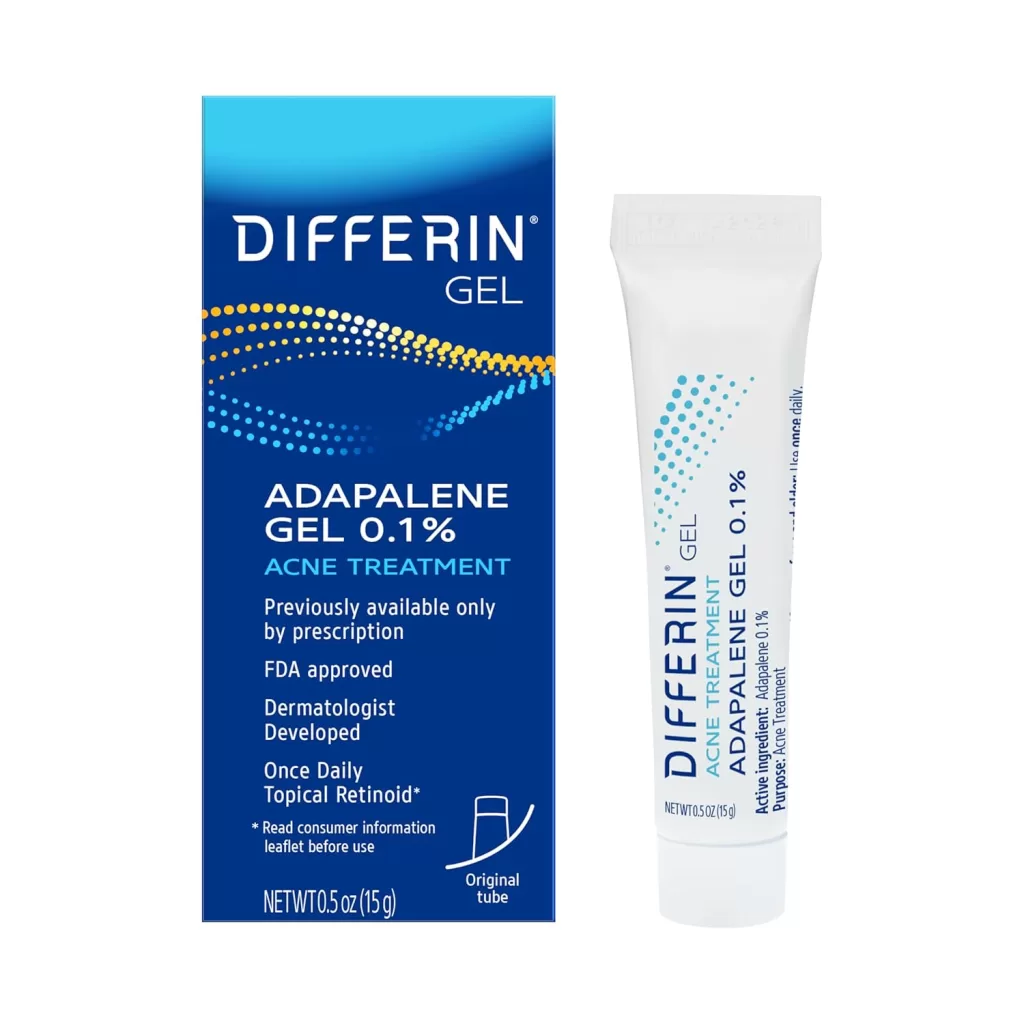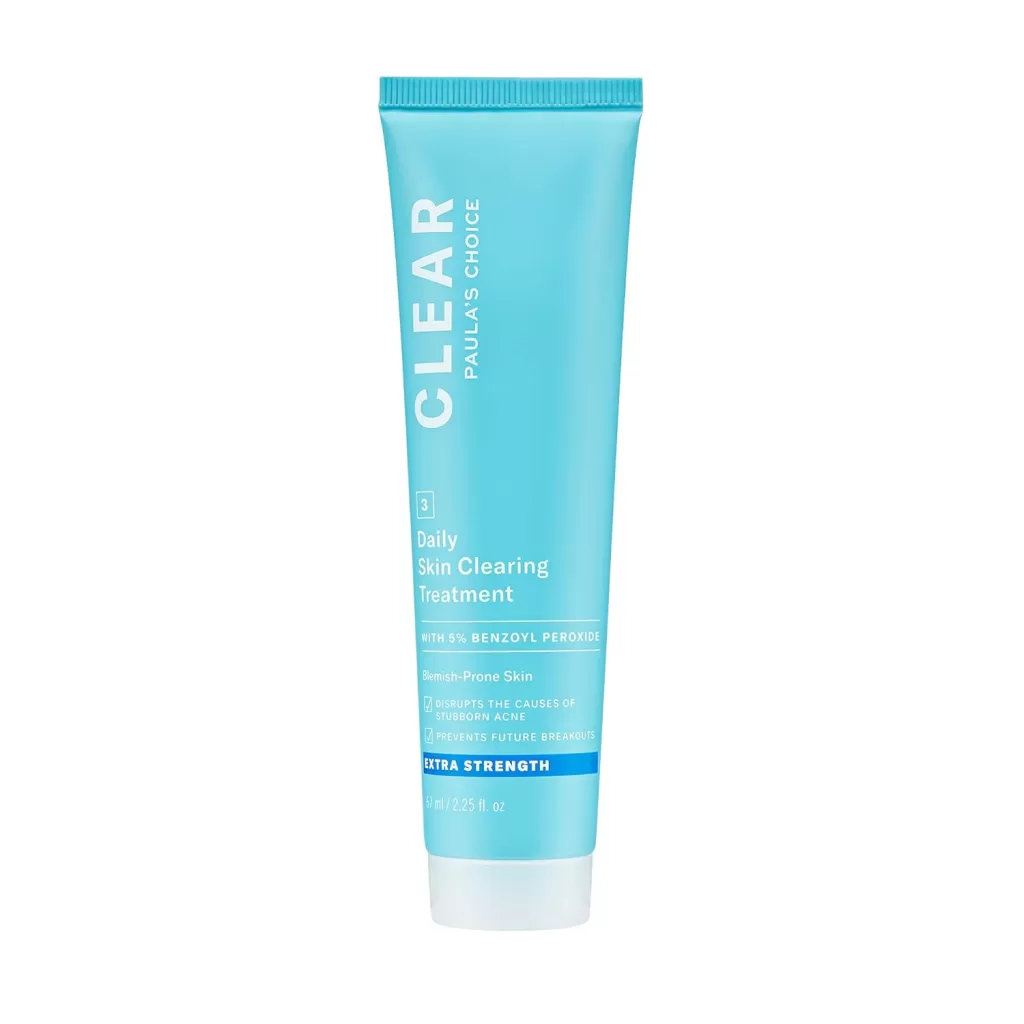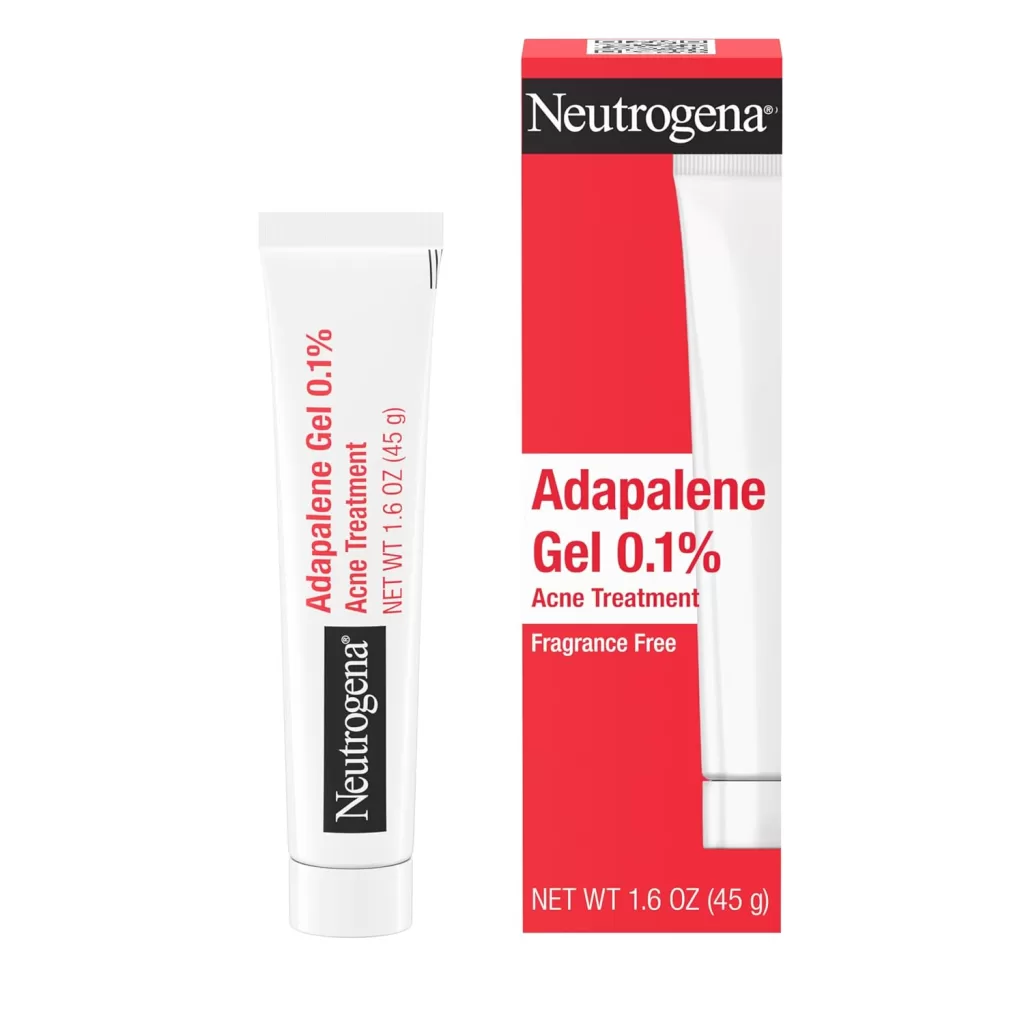Cystic Acne: Causes, Symptoms, and Effective Treatment Options
Cystic acne is one of the most severe forms of acne, often causing significant emotional and physical discomfort. Characterized by deep, inflamed, and often painful cysts, this type of acne can lead to long-term skin damage if not treated properly. Understanding the causes, symptoms, and available treatment options is crucial for managing this condition effectively. In this article, we will explore the underlying factors contributing to acne, the signs to look out for, and the best treatment options available.
What is Cystic Acne?
Cystic acne occurs when pores in the skin become blocked by oil, bacteria, and dead skin cells, leading to large, painful cysts beneath the skin’s surface. Unlike milder forms of acne, cystic acne penetrates deep into the skin, making it more challenging to treat and more likely to cause scarring. It often appears on the face, but it can also affect the back, chest, and shoulders.
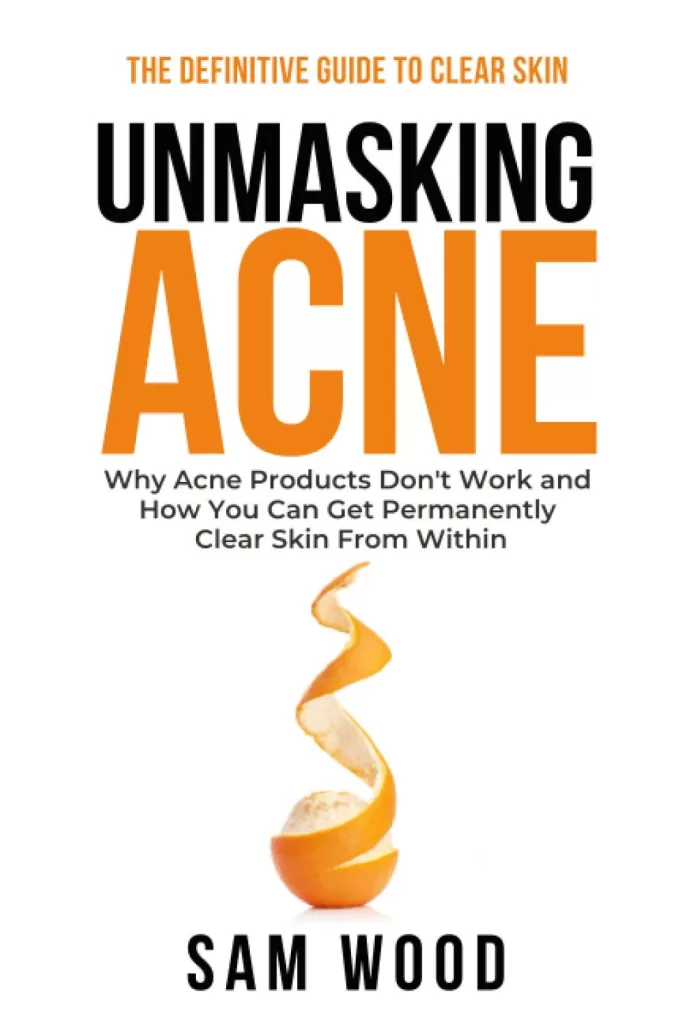
Unmasking Acne: The Definitive Guide to Clear Skin: Why Acne Products Don’t Work and How You Can Get Permanently Clear Skin from Within
Causes of Cystic Acne
Understanding what causes acne is the first step toward managing it effectively.
Hormonal Imbalance
Hormonal fluctuations are one of the primary causes of acne. During puberty, menstruation, pregnancy, or hormonal disorders like polycystic ovary syndrome (PCOS), the body produces an excess of androgens. These hormones stimulate the sebaceous glands to produce more oil, increasing the likelihood of clogged pores and cyst formation.
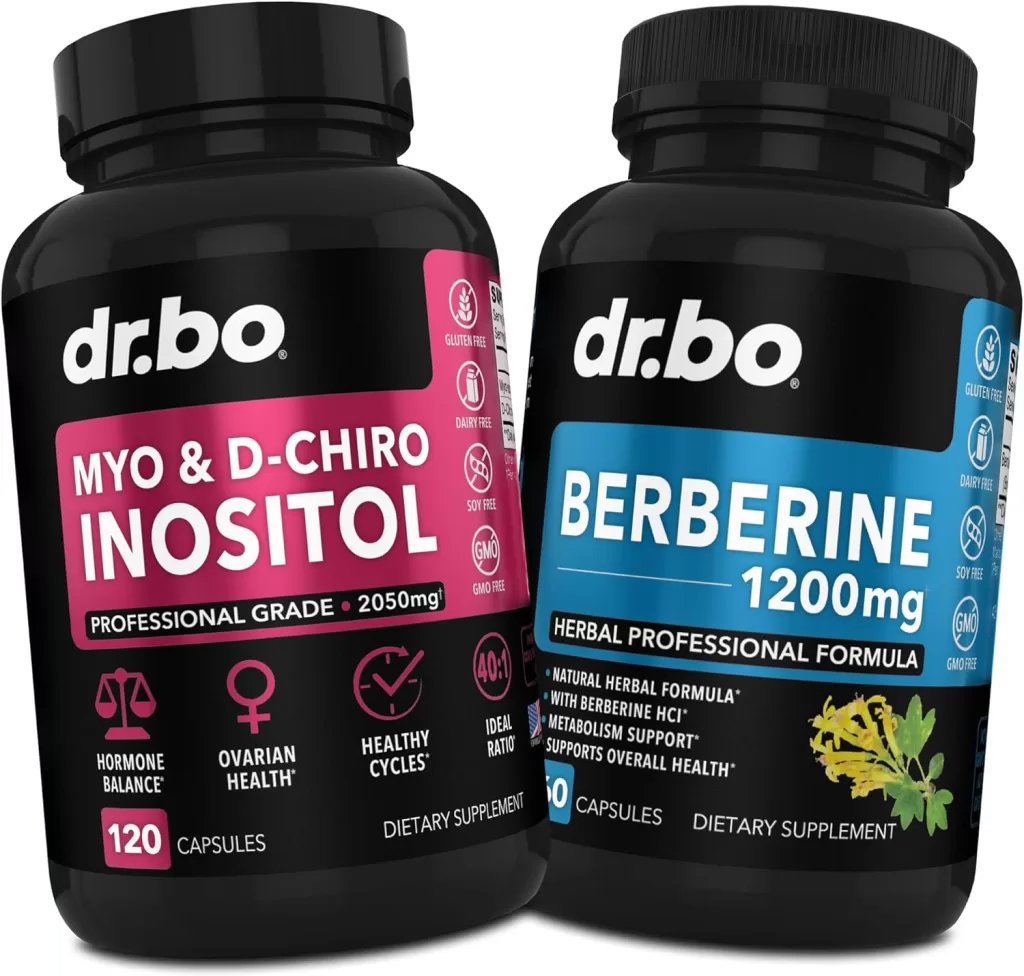
Myo-Inositol & D-Chiro Inositol & Berberine Supplement Capsules – Support Hormone Balance, Fertility, Regulate Menstrual Cycle, Ovarian Health &..
Genetics
Your genetic makeup plays a significant role in determining your skin type and susceptibility to acne. If your parents or siblings had similar types of acne, you are more likely to experience it as well.
Bacterial Infection
The bacteria Propionibacterium acnes is commonly found on the skin, but when it gets trapped inside hair follicles, it can multiply and lead to infection. This infection triggers the immune system, causing inflammation and the formation of cysts.
Diet and Lifestyle Factors
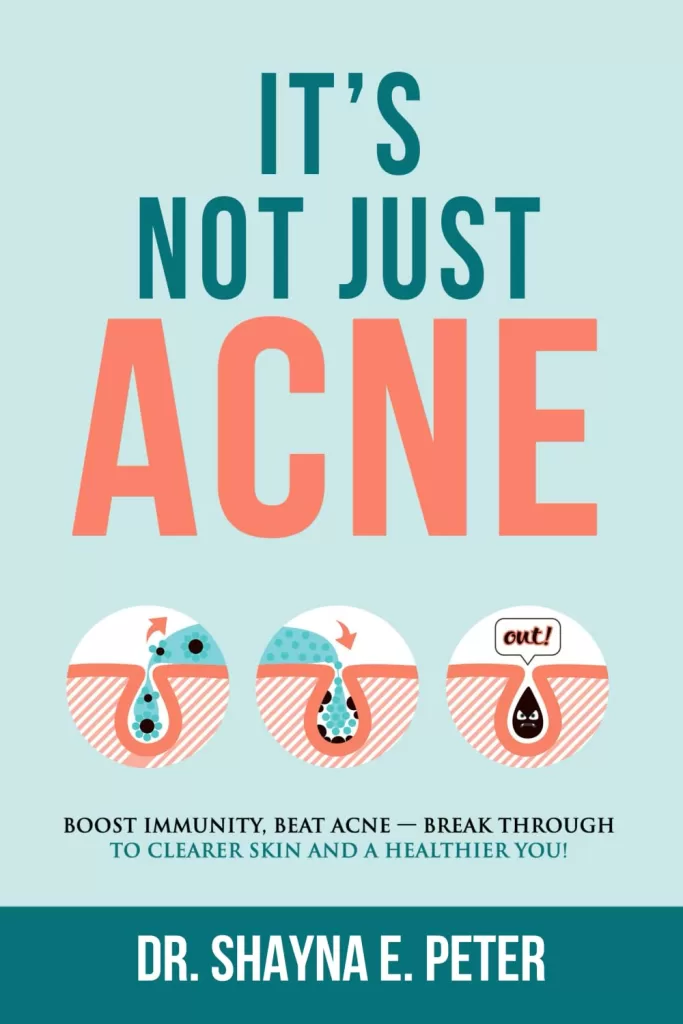
It’s Not Just Acne: Boost Immunity, Beat Acne – Break Through to Clearer Skin & A Healthier You!
Certain foods, particularly those high in sugar and dairy, have been linked to an increase in acne severity. Additionally, high stress levels can trigger the release of cortisol, a hormone that can exacerbate acne symptoms.
Recognizing the Symptoms of Cystic Acne
Early identification of acne is essential to prevent severe scarring and manage the condition effectively.
Deep, Painful Lesions
Cystic acne is characterized by large, red, and painful bumps under the skin. These lesions are often filled with pus and can take weeks or even months to heal.
Persistent Redness and Swelling
The affected areas are typically red and swollen, indicating deep inflammation. Unlike other forms of acne, cystic acne often does not come to a head, making it more difficult to treat with typical over-the-counter products.
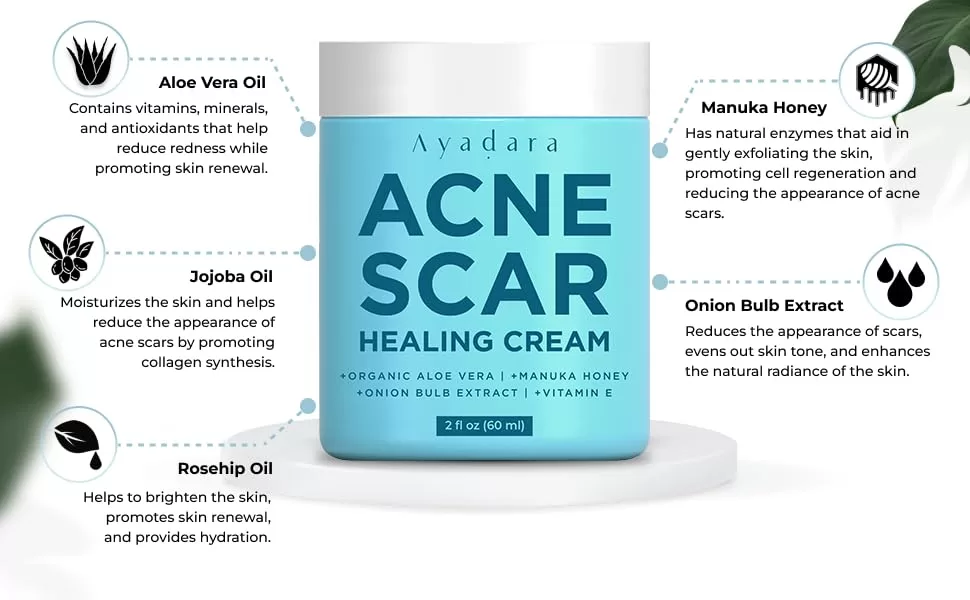
Scarring
Due to the severity and depth of cystic acne, there is a high risk of scarring if not treated promptly. Scars can range from deep pitted scars to keloid scars, which are raised and often discolored.
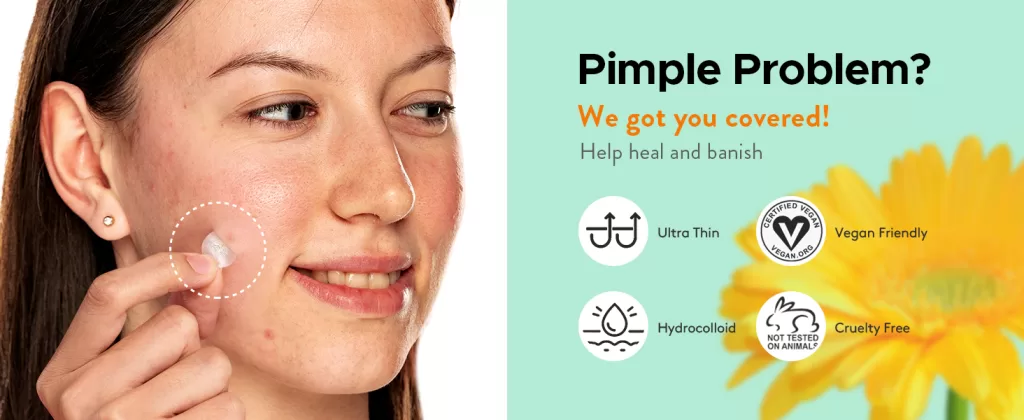
Treatment Options for Cystic Acne
Treating cystic acne requires a comprehensive approach, often involving both topical and systemic therapies.
Topical Treatments
Topical treatments are often the first line of defense against acne.
- Retinoids: Prescription retinoids can help unclog pores and prevent new cysts from forming. They also promote faster skin cell turnover.
- Benzoyl Peroxide: This antibacterial agent can reduce the bacteria on the skin, helping to lessen inflammation and redness.
- Antibiotics: Topical antibiotics may be prescribed to reduce the bacterial load on the skin and diminish inflammation.
Oral Medications
In more severe cases, oral medications may be necessary.
- Oral Antibiotics: These can help to reduce the bacterial infection and inflammation from within.
- Isotretinoin: Often known by its brand name, Accutane, isotretinoin is a powerful medication that can dramatically reduce oil production and prevent cyst formation.
- Hormonal Treatments: Birth control pills or anti-androgen drugs like spironolactone can be effective for women whose cystic acne is linked to hormonal imbalances.
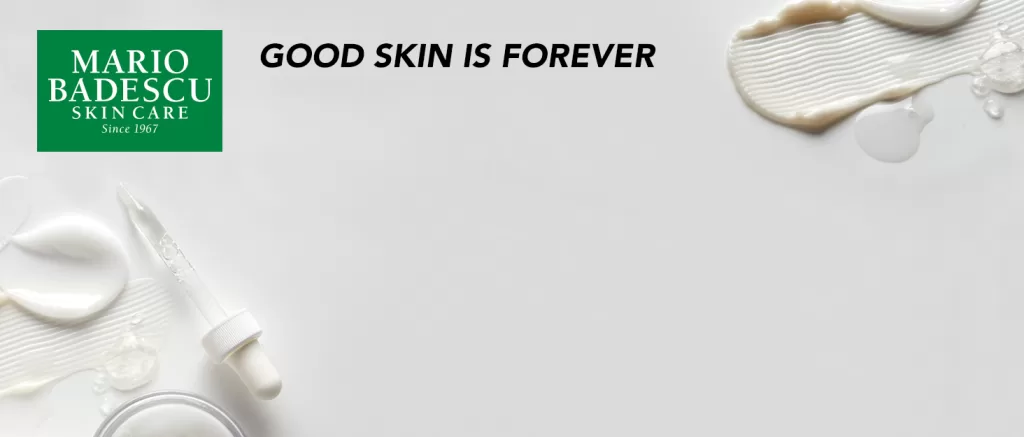
In-Office Procedures
For stubborn cystic acne, dermatologists may recommend certain procedures.
- Corticosteroid Injections: These injections can reduce inflammation and speed up the healing of large cysts.
- Laser and Light Therapy: These therapies can target bacteria and reduce inflammation, helping to clear up acne.
- Chemical Peels: Peels can help remove dead skin cells, reduce oil production, and improve the appearance of scars.
Preventing Cystic Acne
Prevention plays a crucial role in managing acne and reducing the risk of scarring.
Skincare Routine
Maintaining a consistent skincare routine is essential. Use non-comedogenic products that won’t clog pores, and cleanse your skin regularly to remove excess oil and bacteria.

Healthy Diet and Lifestyle
A diet low in sugar and dairy, combined with regular exercise and stress management techniques, can help keep your hormones balanced and reduce the severity of acne flare-ups.
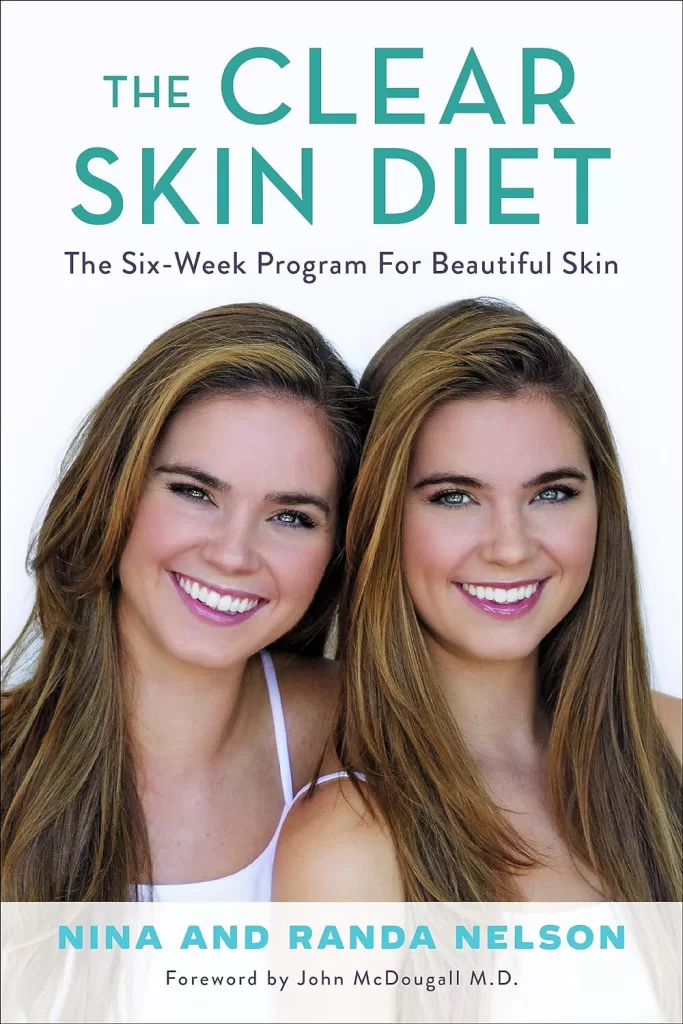
The Clear Skin Diet: The Six-Week Program for Beautiful Skin: Foreword by John McDougall MD
Regular Dermatologist Visits
Seeing a dermatologist regularly can help you catch early signs of cystic acne and treat them before they worsen.
When to See a Dermatologist
If your cystic acne is causing significant pain, scarring, or emotional distress, it’s essential to consult a dermatologist. Early intervention can prevent long-term damage to your skin and help you find an effective treatment plan tailored to your needs.
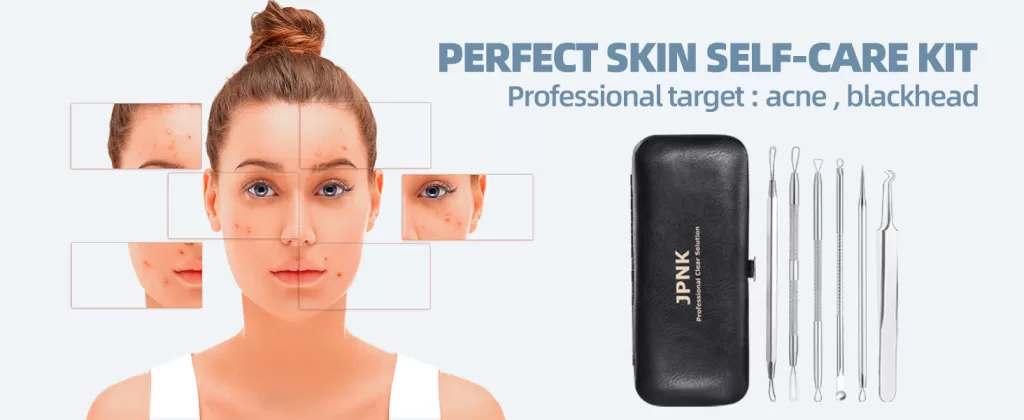
FAQ: Cystic Acne: A Comprehensive Guide
What is cystic acne?
Cystic acne is a severe form of acne characterized by deep, painful, and inflamed cysts beneath the skin’s surface. It often appears on the face, back, chest, and shoulders.
What causes cystic acne?
Several factors contribute to cystic acne:
- Hormonal Imbalance: Hormonal fluctuations, especially during puberty, menstruation, pregnancy, or conditions like PCOS, can increase oil production and lead to clogged pores.
- Genetics: A family history of acne can increase your risk of developing the condition.
- Bacterial Infection: The bacteria Propionibacterium acnes can thrive in clogged pores, leading to inflammation and cyst formation.
- Diet and Lifestyle: A diet high in sugar and dairy, as well as high stress levels, can exacerbate acne.
What are the symptoms of cystic acne?
The primary symptoms of cystic acne include:
- Deep, painful, and inflamed cysts
- Persistent redness and swelling
- Potential for scarring
How is cystic acne treated?
Treatment options for cystic acne may include:
- Topical Treatments: Retinoids, benzoyl peroxide, and topical antibiotics can help reduce inflammation and prevent new breakouts.
- Oral Medications: Oral antibiotics and isotretinoin (Accutane) may be prescribed for severe cases.
- In-Office Procedures: Corticosteroid injections, laser therapy, and chemical peels can help reduce inflammation and scarring.
How can I prevent cystic acne?
To prevent cystic acne, consider the following tips:
- Maintain a consistent skincare routine: Use gentle, non-comedogenic products to cleanse your face twice daily.
- Avoid touching your face: This can transfer bacteria and worsen acne.
- Eat a healthy diet: Limit sugary and fatty foods, and incorporate plenty of fruits, vegetables, and whole grains.
- Manage stress: Practice stress-reduction techniques like meditation or yoga.
- Consult a dermatologist: A dermatologist can provide personalized advice and recommend appropriate treatments.
When should I see a dermatologist?
If you have severe cystic acne that doesn’t respond to over-the-counter treatments or is causing significant emotional distress, it’s important to consult a dermatologist. They can provide professional diagnosis and recommend the most effective treatment plan for your specific needs.
Conclusion
Cystic acne is a challenging condition, but with the right knowledge and treatment, it can be managed effectively. Understanding the causes, recognizing the symptoms early, and seeking appropriate treatment are key steps in achieving clearer, healthier skin. If you’re struggling with acne, don’t hesitate to reach out to a dermatologist to explore your options and find the best solution for your skin.
For more skincare advice and product recommendations, fitness, and more, check out our other articles. @whereandhowresources


